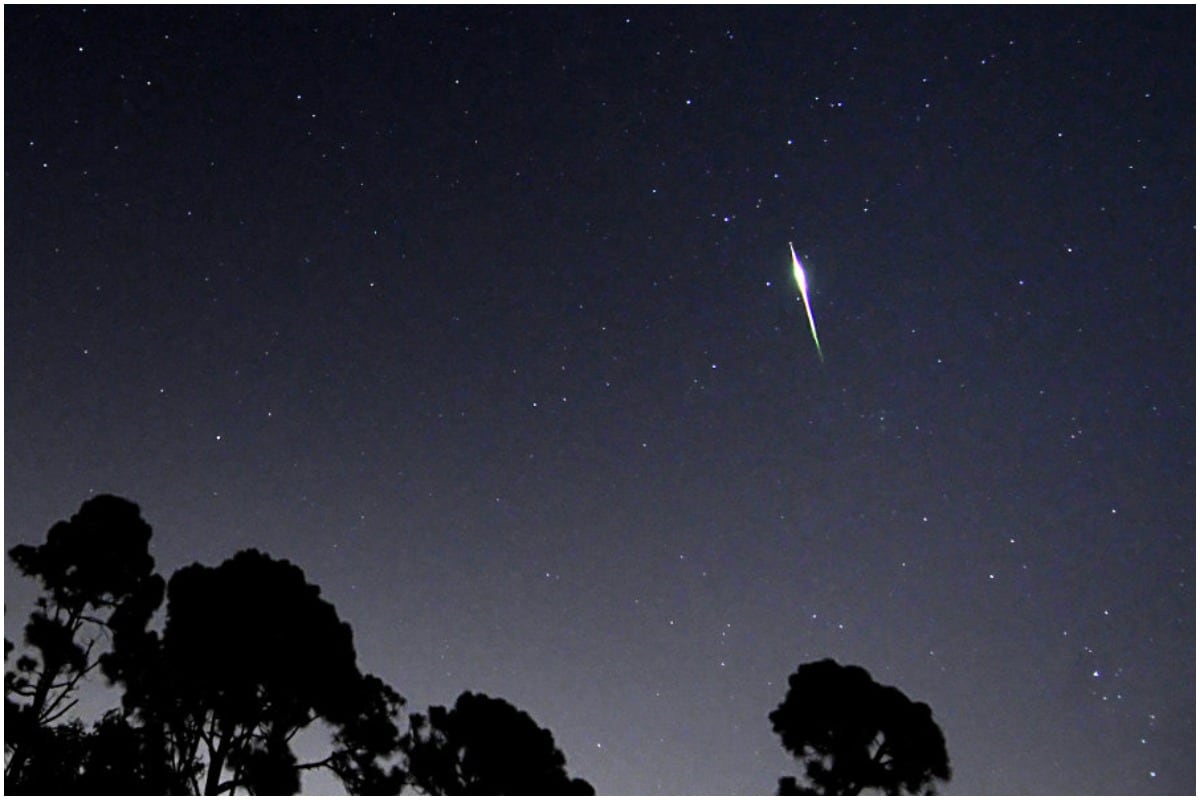Residents in several counties in England were shocked by loud banging late Saturday afternoon. After careful deliberation, meteorologists and other experts concluded that the noise was caused by a very rare meteor, known as a ‘fireball over the day’. The sonic boom was heard in Dorset, Somerset, Devon and Jersey, following a streak of light in the sky. The experts concluded that it was a meteor, using photos and videos taken by several people and automated camera systems. Residents were asked to keep an eye out for any fallen rock fragments. The meteor presumably crashed into the Bristol Channel.
According to BBC, an aviation meteorologist at the University of Oxford – Simon Proud – flew the meteor on a weather satellite over the United Kingdom. Apparently it looked like a bright flash on the system.
According to Richard Kacerek of the British Meteor Observation Network of amateur astronomers, the number of meteors that can produce a ‘fireball during the day’ is the brightest in ‘bolide’ class. To be seen during the day, like those spotted on Saturday, it must be very large.
As reported in Yahoo, Ian Dryhust, who was driving in Jersey in the Channel Islands, caught the fireball while bright light on his dashcam recording crossed the sky.
Astro enthusiasts from these provinces are already looking for evidence of the space rock.
Dr. Ashley King tells BBC that the fireball “had to go faster than the speed of sound”. King is a member of the UK Fireball Alliance, a group of enthusiasts / experts who hunt for recent meteorites.
Experts are compiling data from security / traffic / amateur cameras to analyze and track the meteor’s path. In February, cameras like this caught a falling meteor at night. One can not be sure if it also works for daytime.
The hard blow initially confused the residents of the above premises. Some questioned whether it was an earthquake, which The British Geological Survey excluded. Others wondered if some military planes had caused the noise, but the Ministry of Defense stated that the “massive bang was not linked to any RAF plane.”
Astronomer and science journalist Will Gater was the first to link the noise to a meteor, which is now accepted by the majority.
Keywords:
